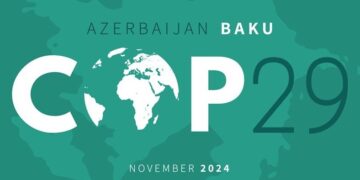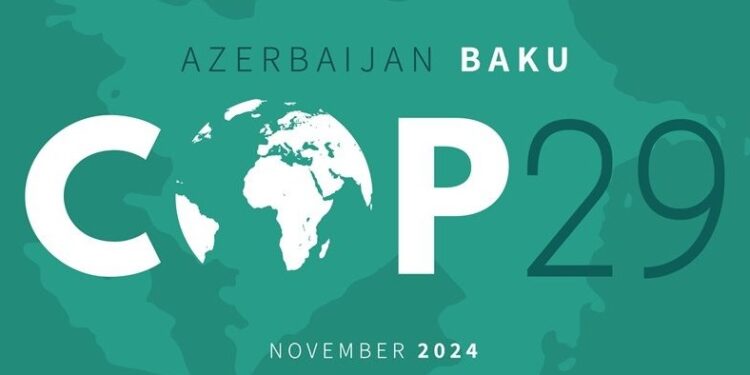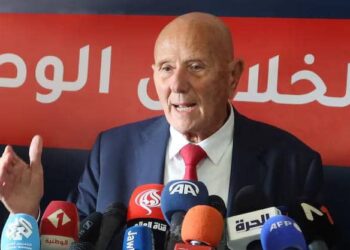By John Ikani
A key meeting held before the UN COP29 climate summit wrapped up on Friday without significant progress, as nations struggled to bridge differences on funding for developing countries.
The “pre-COP” discussions, hosted over two days in Azerbaijan, were intended to nudge talks forward ahead of November’s summit. Delegates were urged to find common ground, although only some countries were present, leading to expectations of small wins rather than major advancements.
However, the meeting ended with little movement on long-standing disagreements, according to participants. “Despite some hopeful talk of coming together, countries remain quite far apart,” said Iskander Erzini Vernoit, co-founder of the IMAL Initiative for Climate and Development, who attended the talks.
COP29 is expected to produce an agreement on a new financial target to help the world’s poorest nations address the impacts of climate change. The current $100 billion annual pledge is widely regarded as insufficient, with wealthier nations facing pressure to drastically increase their financial commitments.
However, donor countries have yet to specify how much they are prepared to contribute, sparking criticism. “It is outrageous that just weeks before COP29, developed countries did not say how much money they are willing to provide for this new finance goal,” said Mariana Paoli from Christian Aid.
Some wealthier nations have proposed a financial strategy involving contributions from governments, multilateral institutions, and private investors. Paoli, however, warned that unless developed nations commit to unconditional funding, “any number at COP will be a meaningless figure.”
Much of the current climate funding comes in the form of loans, which has compounded the debt burdens of developing countries. These nations are calling for direct grants to fund renewable energy projects and climate adaptation efforts. They also want any future financial deal to include provisions for “loss and damage” compensation related to climate disasters.
Despite the lack of concrete outcomes, there were some positive signs. Rebecca Thiessen, from the NGO coalition CAN, noted that it was encouraging to hear wealthier nations discuss funding in trillions rather than billions. “The scale of need has been recognized, but no figure has been put on the table,” she said.

































